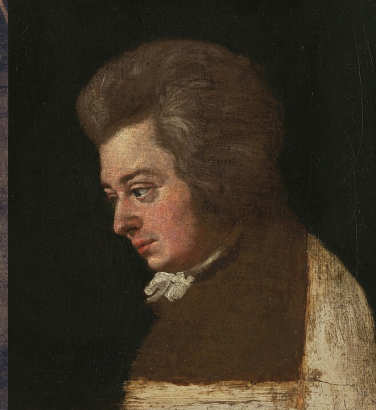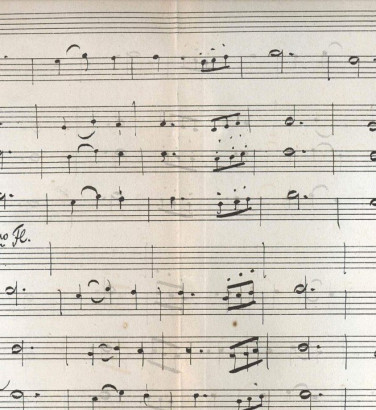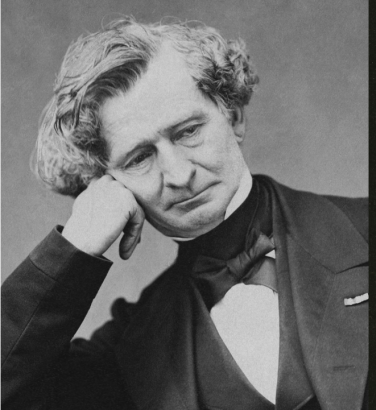
Commissioning Mozart: a cautionary tale
20 Jan 2023
News Story
Portrait of Ferdinand Dejean by Jacobus Buys (1724-1801)
Mozart’s 40-odd concertos can be divided into three broad categories, according on their intended performer. The vast majority of those for violin and piano were written primarily for himself to perform, and his close friendships with Joseph Leutgeb and Anton Stadler led to the later works for horn and clarinet respectively. Of the remaining handful - dating from the earlier stages of Mozart’s career and composed for wealthy amateurs – those for flute can serve as a warning to anyone seeking to have new music written for them.
The commissioner in this case was one Ferdinand Dejean, a Dutch flautist resident in Mannheim who asked Mozart for three concertos and four quartets (for flute, violin, viola and cello) when the 21 year old composer and his mother stopped off on their way to Paris in late 1777. Despite a not-altogether-convincing claim that his inspiration invariably dried up when required to write for the flute (“an instrument I cannot bear”) , Mozart does genuinely appear to have struggled with the request: he eventually gave Dejean a pair each of concertos and quartets, for which he received only 96 of the 200 florins agreed, and a stern rebuke from his father Leopold for having failed to appreciate the importance of the commission.
One of the concertos wasn't even newly-composed, being a transcription of one he had recently completed for oboe. Not that you'd know that it wasn't originally for flute, but had Dejean discovered the subterfuge, it really wouldn't have helped Mozart's case.
Given the adult Mozart’s spendthrift ways, it may well be that Leopold quite simply knew his son had a poor head for money. A little financial know-how could have made all the difference when he moved to Vienna in 1781, never quite managing to live within his means there – not that keeping up appearances in the Austrian capital was ever going to come cheap. There is admittedly evidence that of a marked improvement in his finances by early 1791, but it came far too late for him to reap the benefits: beset by poor health since his youth, he fell ill that autumn and died before the end of the year.
More than two centuries down the line, the difficult genesis of Mozart's music for solo flute pales in comparison to its quality. Dejean’s name may be remembered thanks to his association with it, but at the time, that may have been scant consolation for an up-and-coming composer having failed to meet the terms of their contract.
Related Stories
![]()
Mozart and the symphony
22 December 2025
Stuck between the symphonies of Haydn and Beethoven, where do Mozart's fit in?![]()
Unfinished symphonies
15 December 2025
Your starter for ten: besides Schubert, who has an unfinished symphony to their name?![]()
Musical hoaxes
27 October 2025
Dishonesty among classical composers? Surely not!


